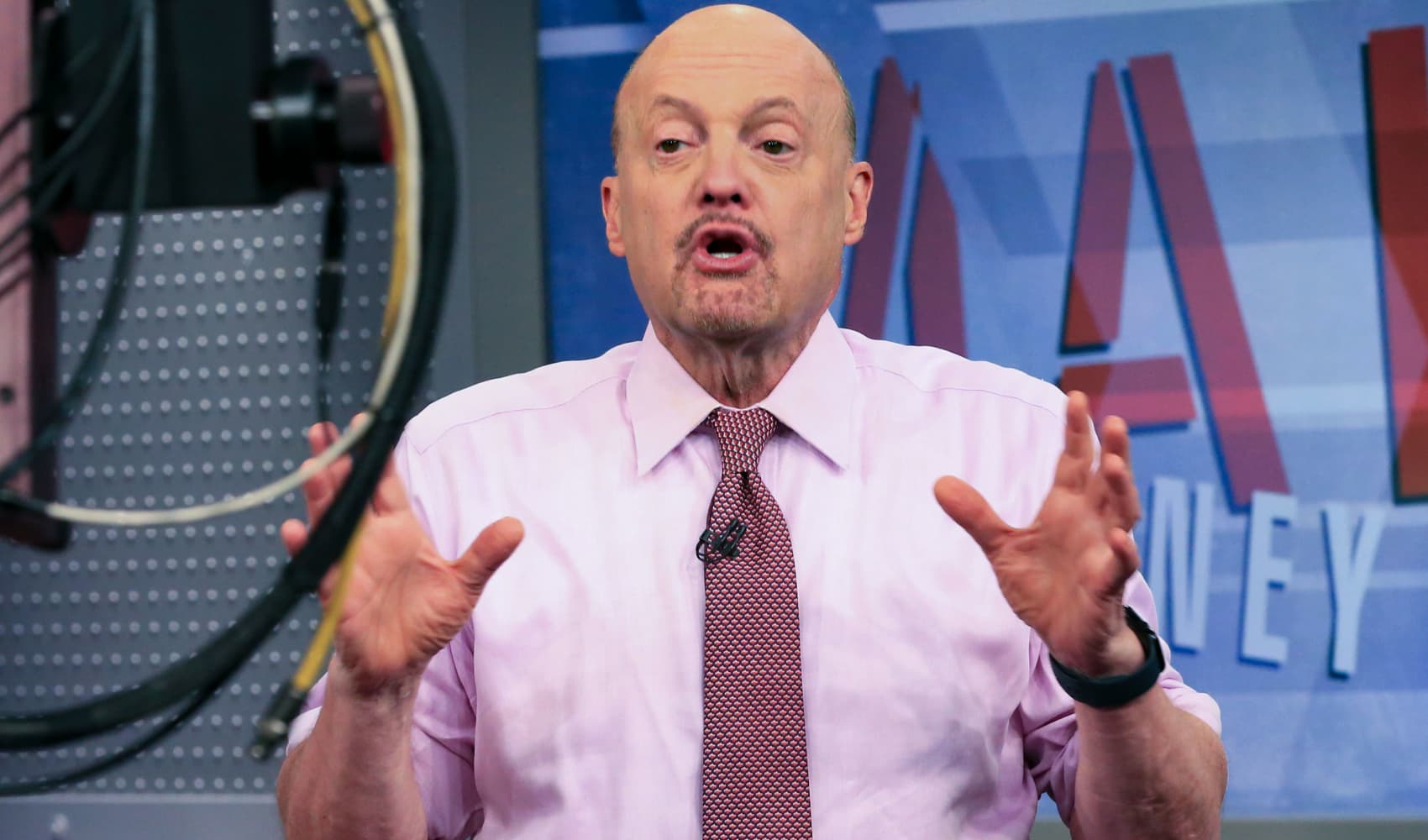
- Widely regarded as the "crown jewel" of the U.K. tech industry, Arm has co-founded the accelerator, known as Deeptech Labs, with the University of Cambridge, private equity investor Cambridge Innovation Capital and venture firm Martlet Capital.
- So-called deep tech companies aim to create new intellectual property by breaking technological ground in an effort to solve complex problems.
- While London is home to most of the U.K.'s tech companies, Cambridge has spawned some of the nation's most innovative firms that have caught the eye of U.S. tech giants.
LONDON — U.K. chip designer Arm has co-founded a new start-up accelerator in Cambridge to try to help young "deep tech" firms grow into the next generation of tech giants.
Widely regarded as the "crown jewel" of the U.K. tech industry, Arm has co-founded the accelerator, known as Deeptech Labs, with the University of Cambridge, private equity investor Cambridge Innovation Capital and venture firm Martlet Capital.
So-called deep tech companies aim to create new intellectual property by breaking technological ground in an effort to solve complex problems.
Get Tri-state area news and weather forecasts to your inbox. Sign up for NBC New York newsletters.
Adam Bastin, VP of corporate development at Arm, said in a statement that Cambridge has "remained a critical hub of talent, creativity and innovation" from Arm's earliest days in a barn just outside the city back in the early 1980s.
"In co-founding Deeptech Labs, we're pleased to support the next generation of game-changing technology companies by helping them to access the world-class Cambridge technology ecosystem," he said.
In exchange for a chunk of equity, typically 5% to 20%, Deeptech Labs offers start-ups £350,000 ($495,000), access to a three-month development program and networking opportunities.
Money Report
Deeptech Labs CEO Miles Kirby told CNBC on Friday: "I've seen a lot of deep tech founders who are maybe academics or engineers, and they've got a great technology, but they really struggle to kind of go from a technology to a business."
He added: "You see a lot of companies that fail in that seed-to-series-A stage, because they don't find the right market fit, or they don't find the right business model. We're really helping to address that."
Kirby, who previously worked at Qualcomm for 18 years and ran an accelerator while he was there, said Deeptech Labs looked at around 900 companies for its initial cohort before picking five: AutoFill, BKwai, Circuit Mind, Contilio and Mindtech.
Circuit Mind, for example, is aiming to build a platform that enables engineers to design circuit boards in just a few hours with the help of AI software, while Contilio is working on a 3D analytics platform to help the construction industry understand, predict and deliver complex construction projects cheaper, faster and more sustainably.
While London is home to most of the U.K.'s tech companies, Cambridge has spawned some of the nation's most innovative firms that have caught the eye of U.S. tech giants – Apple bought speech tech firm VocalIQ in 2015 to improve Siri, while Amazon bought Evi to boost Alexa in 2013. The city is also home to fast-growing start-ups like Darktrace, as well as sizable Amazon and Microsoft research labs.
There are dozens of tech accelerators around the world. Y Combinator, which is where Airbnb, Stripe and Reddit were born, is perhaps the most famous, but Google, Facebook, Microsoft and many other large tech companies have similar ventures. While they clearly have some benefits to founders, some have questioned whether entrepreneurs should sacrifice the equity or go it alone.






